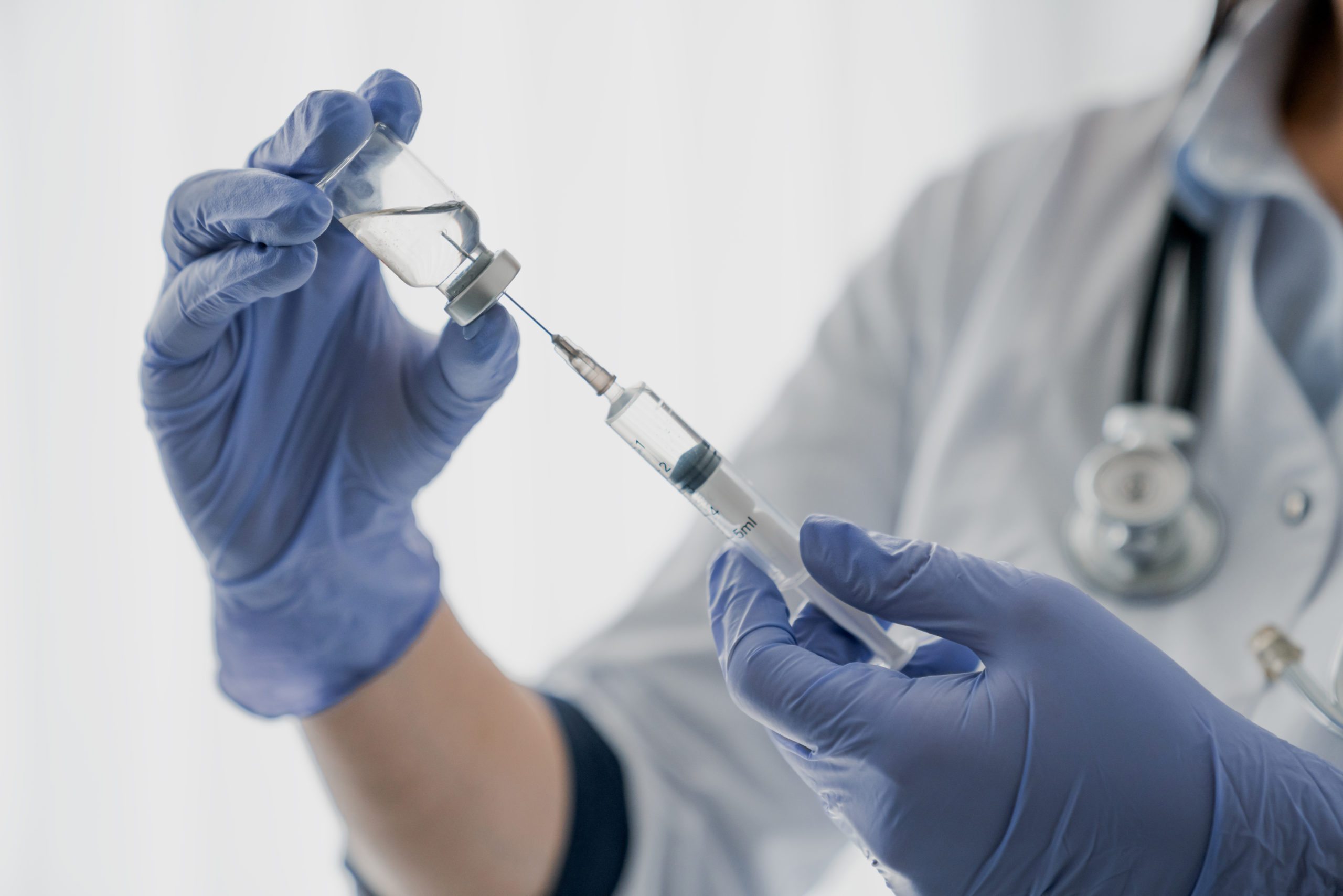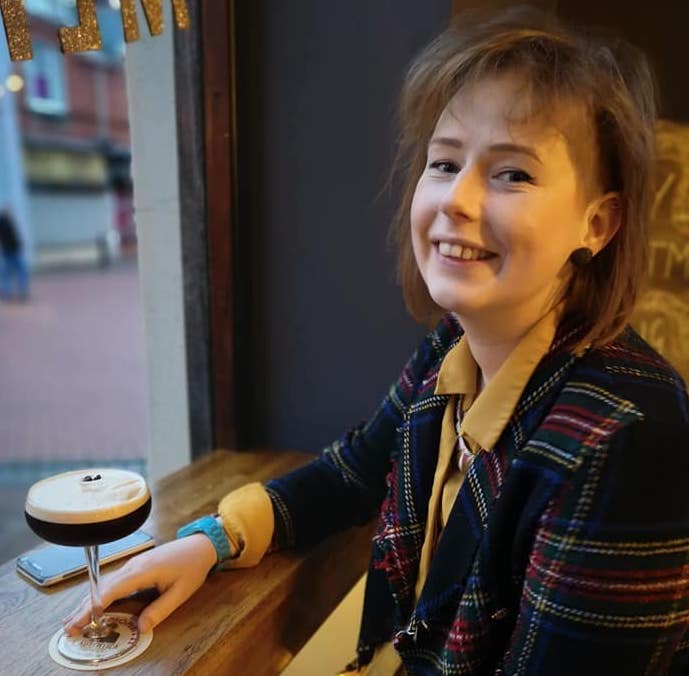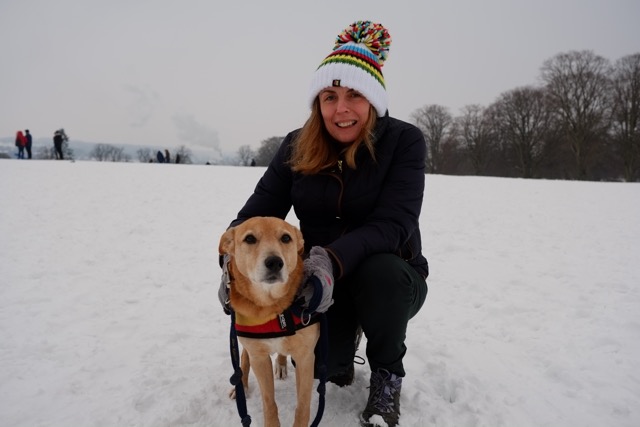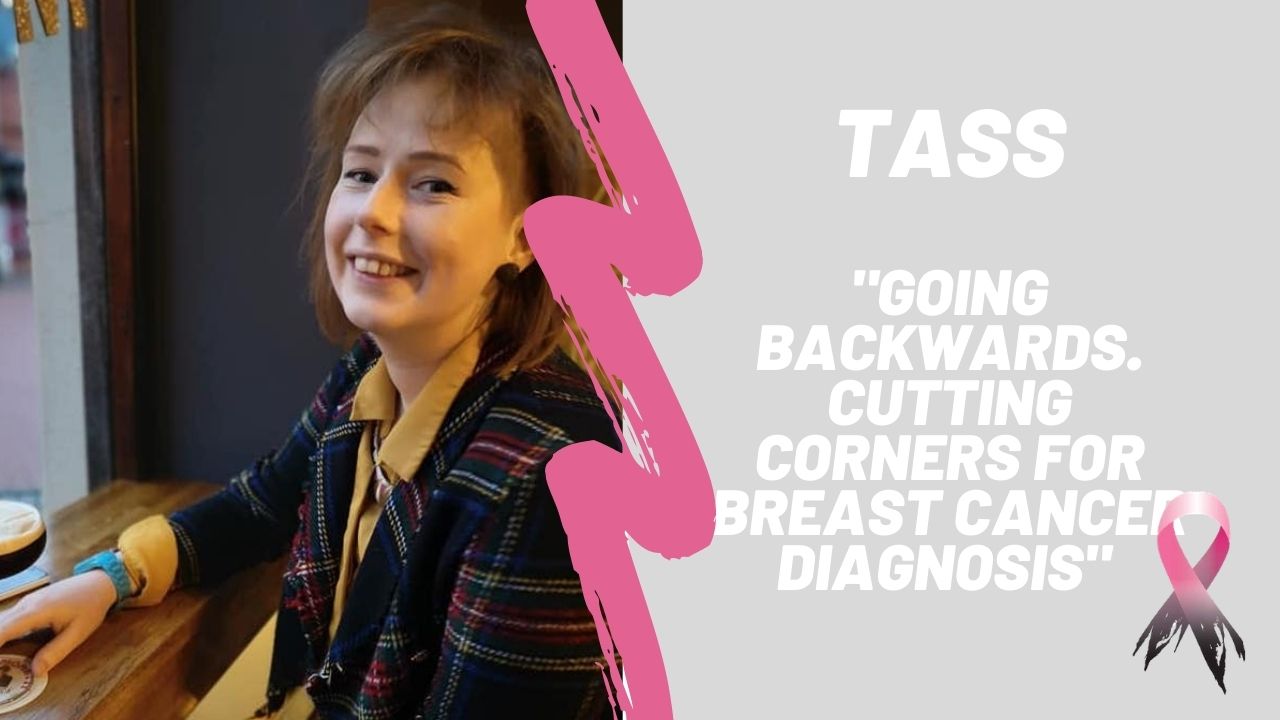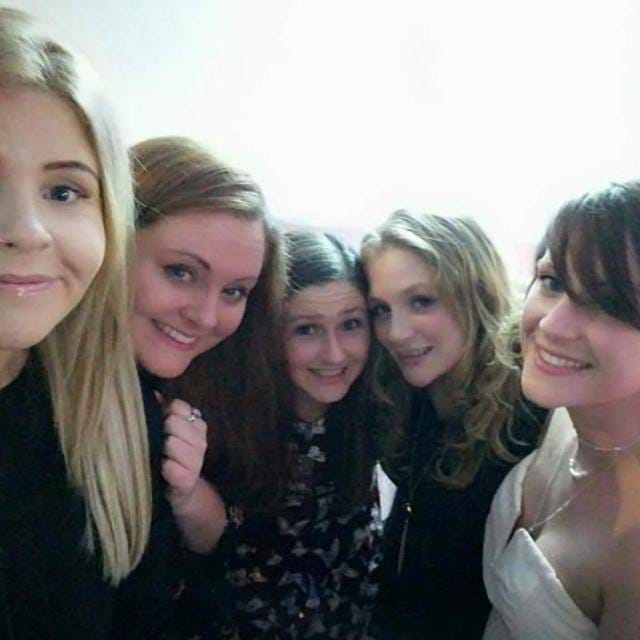
MetUpUK member Connie sat down, on zoom, with some of her oldest friends to talk to them about their understanding of her life with MBC.
They discuss cancer types, treatment lines, tumor profiling, trials, survival rates, progressions, drug lines, and how all of this makes them feel.

